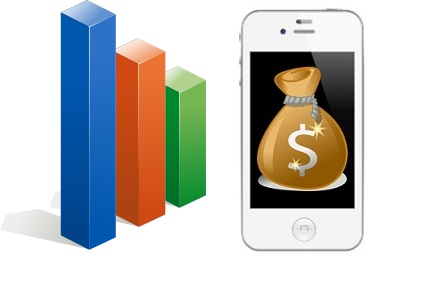 Research shows that consumers are beginning to favor mobile payments
Research shows that consumers are beginning to favor mobile payments
Mobile payments, especially bill payments, are becoming increasingly common among consumers throughout the world. More people are beginning to see the merits of mobile payments, considering mobile a more convenient form of commerce than traditional forms of payments. A recently study from Juniper Research, a leading market research firm, suggests that more than 200 million mobile consumers will be making mobile payments for bills by 2017. SmartDebit, a leading Direct Debit bureau, claims that this possible future is well on its way to becoming a reality.
SmartDebit sees a bright future for mobile commerce
SmartDebit has been tracking the growing trend of mobile payments among consumers, especially those in developed markets. A large portion of consumers in these markets make use of their smartphones or tablets in daily life, relying on these devices for social media, entertainment, and other services. As consumers become more involved in the mobile space, new forms of commerce are emerging, offering consumers the opportunity to forgo the use of traditional currencies and adopt a more virtual approach to the matter of commerce.
Bills and payments may be easier to manage on mobile devices
According to SmartDebit, mobile payments account for a significant portion of the payments that are made online by consumers. Transactions are beginning to move away from the PC sector and toward the mobile sector. SmartDebit suggests that consumers prefer to manage their bill payments and other transactions from a mobile device as these transactions can be made anywhere and at any time. As mobile commerce services become more available to consumers, the prevalence of mobile payments is expected to increase.
Mobile commerce gains allure as businesses support it
Investments coming from the retail industry and other sectors of the business world are helping propel mobile payments among consumers. As businesses become more accommodating of mobile commerce, it is becoming more likely that consumers will purchase products using their mobile devices in order to take advantage of the services that companies offer.

 A recent study performed by scientists at Oxford University has added cleanliness to the list of benefits.
A recent study performed by scientists at Oxford University has added cleanliness to the list of benefits.